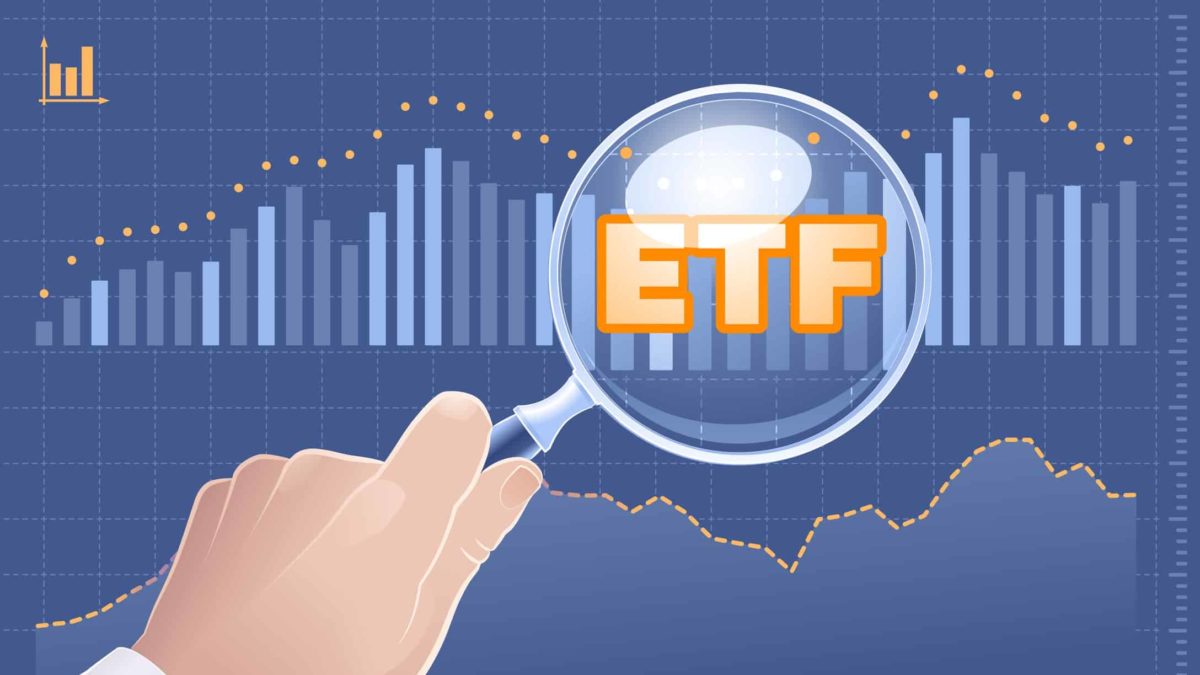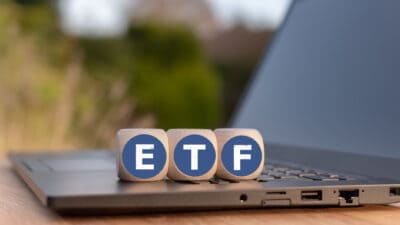The Vanguard Australian Shares Index ETF (ASX: VAS) is the biggest exchange-traded fund (ETF) on the ASX. Some investors may be interested in this investment because of the dividend potential, so it's worth asking whether it's high enough to make the VAS share price (unit price) appealing.
One important element of investing in ASX dividend shares is diversification. After all, I wouldn't rely on just a few individual companies to provide all of my passive income needs.
However, buying all of the ASX blue-chip shares individually, such as BHP Group Ltd (ASX: BHP), Commonwealth Bank of Australia (ASX: CBA), National Australia Bank Ltd (ASX: NAB), and CSL Ltd (ASX: CSL), could be tedious and costly in brokerage fees.
Hence, it could make sense to just buy the VAS ETF, which owns a stake in 300 of the largest businesses on the ASX including the ones I've already mentioned above, plus Wesfarmers Ltd (ASX: WES), Macquarie Group Ltd (ASX: MQG), Telstra Group Ltd (ASX: TLS), Xero Ltd (ASX: XRO), REA Group Ltd (ASX: REA) and many more.
Let's consider how appealing the dividend yield of the VAS ETF actually is.
What is the VAS ETF dividend yield?
The dividend yield of an ETF is decided by the yields of the portfolio's underlying holdings.
The biggest positions have the largest influence on the yield.
For example, if the biggest five positions in an ETF portfolio all have low yields, this will drag the overall yield down. If they all have high yields, this is likely to help the ETF have a higher yield.
According to Vanguard, the Vanguard Australian Shares Index ETF had a dividend yield of 3.5% at the end of July 2024.
However, it should also be noted that ETFs distribute crystallised gains (shares sold for a profit) to investors. That's why the total distribution (income) return to investors was 4.2% over the 12 months to July 2024. We can't expect the distribution to be any higher than the dividend yield, though.
Is that attractive?
It's not the biggest dividend yield out there, but it's far higher than what you might see from globally focused ETFs such as the Vanguard MSCI Index International Shares ETF (ASX: VGS) and the iShares S&P 500 ETF (ASX: IVV).
Over the long term, the VAS ETF has demonstrated the potential to deliver (a small amount of) capital growth and dividends, though that isn't guaranteed in the future. With ETFs, I think it's better to focus on total returns rather than dividends alone.
However, if I were looking for a diversified portfolio and passive income, I think there are a few listed investment companies (LICs) that have demonstrated a better ability to provide higher (and growing) dividend yields.









